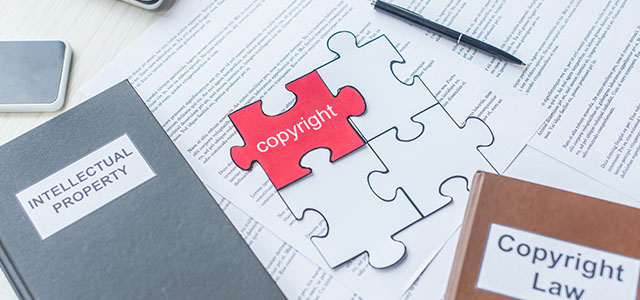Who owns student Intellectual Property

What is Intellectual Property (IP)?
Intellectual property is a term used to describe legal rights that can exist in ideas generated and works created by individuals.
The most common intellectual property rights that might arise include copyright, design rights, patents and trademarks.
These rights can have value and may be exploited for commercial and other purposes. It is likely that during their studies or research programmes, students will create work in which intellectual property rights could arise should the student pursue the idea after graduation.
The implications of Intellectual Property (IP) for students
Whilst living your best life at University, learning and developing your skills for future success, you will have agreed to adhere to the University's Student Handbook or Student Agreement.
(Note: your University may call this something else, but essentially it is a list of rules you agree to whilst attending your chosen University).
This Handbook will have a specific section about Intellectual Property (IP) and what is and isn't covered by the Universities IP policy.
Whilst you will need to review your University's Student Handbook (or list of rules), it is a generally accepted rule that Students will own the intellectual property they create through coursework or research while registered as students at the University.
This means you are free to exploit any intellectual property you create at University, subject to any broader legal constraints that may apply.
However, there can be some exceptions to this general principle where the University will need to control and/or protect the IP developed by a student. In such situations, the student will be required to assign their IP rights to the University. For example:
Students participating in a research project supported by the University or another third party
An organisation funding (or otherwise contributing to or supporting) the research (the "funder") might make it a condition of funding that any intellectual property rights generated during the project will belong to the funder, or the funder will have rights to use them or the intellectual property is to be available for open access and/or exploitation.
In some such cases, the University may require the student to assign (which means to transfer) rights to the University in the intellectual property that is created.
In other cases, the funder might require the student to assign (or grant rights to use) the intellectual property rights created by the student to the funder before the research starts or at its conclusion. Where this occurs, the student will be bound by the terms imposed by the funder.
Collaboration with academics
There are courses and research projects where students will be working with and/or supervised by academic staff members. The academic staff member might contribute to the ideas or concepts behind the work that the student then develops, or students may join existing research teams during their studies.
Intellectual property created or developed by the student through interactions of this nature may, by request of the University, need to be assigned to the University.
The University will then treat the student as an eligible member of staff, entitling the student to a share of any fees that arise through the exploitation of the intellectual property. The share of the fees (also known as 'royalties') is determined by the level of the contribution made by the student. This is known as 'revenue sharing'.
Students on placements
The organisation offering the placement might make it a condition of the offer that any intellectual property rights created by the student during the placement will belong to the organisation and not to the student. The student may be required to assign the rights to the organisation offering the placement or to the University.
Students employed by the University or another organisation
Suppose a student is employed or sponsored by the University or any other organisation(s) at any time during their course or research programme. In that case, the employer(s) or sponsor(s) might own or claim ownership of the intellectual property created by the student during this time.
As a matter of general law, employers own the intellectual property rights created by their employees.
Therefore, the University may exercise this right to protect its interests and require the student (or, in this scenario, its employee) to assign the intellectual property rights to the University.
It is also possible that a sponsor will have a separate agreement with the student or the University under which the sponsor claims ownership of any intellectual property created by the student.
Student using University facilities on condition the University owns the IP
Suppose a student needs to use the facilities and resources of the University. In that case, the University may grant the student access, on the condition that any IP created from these works is transferred to the University.
The examples above are for illustrative purposes only, and your specific circumstances will need to be examined on a case-by-case basis. Initially, we would refer you to your Student Handbook or your University's IP department.
If any of the above exceptions apply, your University will likely discuss the IP position with you to ensure a mutually acceptable agreement is reached.

